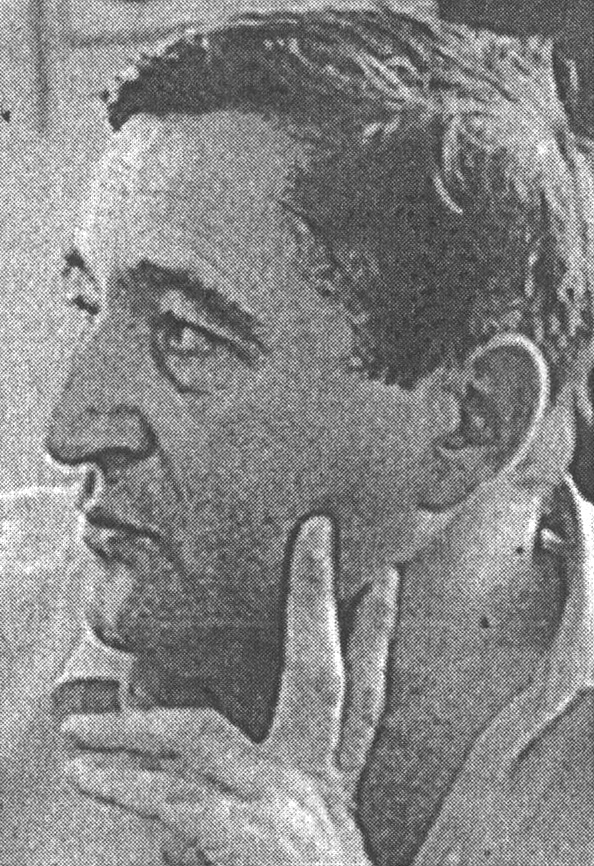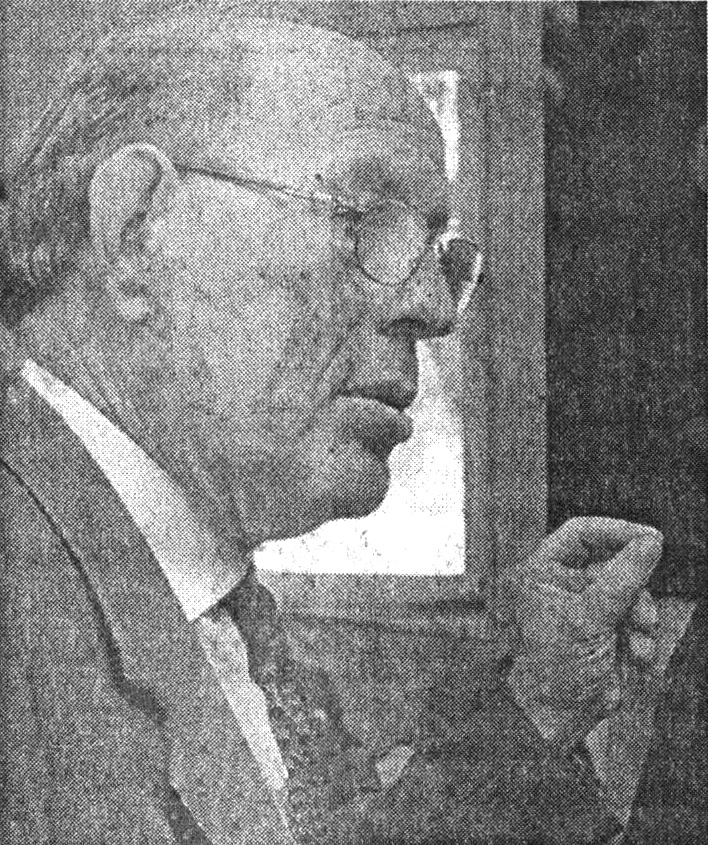 |
What kind of Montenegrin language?
by Predrag Nikolic
The international conference on the ‘Norms and codification of the Montenegrin Language’ that took place in Podgorica last week was attended by linguists from Bosnia-Herzegovina, Croatia, Hungary, Montenegro, Norway, Poland, Serbia and Ukraine. The initial idea of the Institute for Montenegrin Language and Philology, which acted as host, was to bring together linguists holding different views - but this met with limited success. The Serb-language hegemonists from the University of Nikšić Philosophical Faculty refused to attend. Linguists from Serbia also failed to turn up, with the exception of Radmilo Marojević and Branislav Brborić. Vojislav Nikčević, the head of the Institute, told Monitor: ‘The present heated conflict over the language in Montenegro explains why some of the invited experts failed to come. It is necessary, however, for those who insist that the Montenegrin language does not exist to subject their views to a reasoned debate. We invited the people from the University of Nikšić, but they feared that their participation would expose them to attacks by the organisers of public rallies and strikes.’ This explains why two policemen guarded the building where the conference was held. But the advocates of the view that Montenegrin is a Serb language were holding a rally that day in Danilovgrad, where they came up with a new motto: ‘If we lose our language, we ourselves will be lost.’
Racist intervention
The conference itself passed off very well, if one omits one intervention by Dr Marojević, who, not satisfied with the credentials of the historian of literature and author Ernst Fischer, asked the latter what his national origins were Dr Fischer, who is also president of the Croatian-Montenegrin friendship society ‘Croatica-Montenegrina’, told Monitor:
 Radmilo Marojevic Radmilo Marojevic
‘Marojević’s polemic was unfortunately at one point reduced to a racist question regarding my descent. I calmly told him that such a question has no place in an academic conference and detracts from his stature as a linguist.’ He added: ‘The resistance to the Montenegrin language that we see today in Montenegro is well known to us in Croatia, where the existence of a separate Croat standard also used to be denied. We were constantly confronted with a language problem that was in fact artificial.’ Marojević ‘was attending the conference not merely as a linguist, but also as a defender of the hegemony of the Serb language in Montenegro. His stance cannot be defended on a scientific basis. The 1967 Declaration on the name and status of the Croat language clearly articulated the fact that every nation has the right to name its language.’ He was supported in this view by the linguists from Norway, Poland and Ukraine.
Marojević nevertheless repeatedly stated at the conference that ‘the so-called Croat language is nothing but a Zagreb sub-variant of the Serb language’. His colleague Brborić, on the other hand, stated: ‘I cannot accept that the Croats stole their language from the Serbs. That is nonsense.’ Professor Svein Moennesland from Oslo was perfectly clear on this score: ‘Montenegro as a political subject must accept the responsibility for standardising its language, just as other [former Yugoslav] republics have done.’ According to Marojević, however: ‘We must bear in mind that two thirds of Montenegro’s inhabitants call their language Serb. This [calling the language spoken in Montenegro Montenegrin rather than Serb] amounts to the aggression of a minority against the majority. You say that what we call Serb is the Montenegrin language, but that is not my language.’
Contested standard
The organisers have promised to publish the papers presented to the conference within a few months. The Institute intends to create a language commission, whose task will be to codify Montenegrin grammar. According to Nikčević:
 Vojislav Nikcevic Vojislav Nikcevic
‘The commission will come into being when the constitution proclaims Montenegrin as the official language.’ The literary critic Rajko Cerović told the conference that the individuality of the Montenegrin language is evident, but that Nikčević - who has written an Orthography of the Montenegrin Language and a Grammar of the Montenegrin Language - is not always right, and that he disagreed with some of his approaches to codification of the language. The majority of Montenegrin intellectuals, especially younger writers, do not agree with Nikčević either. The post-modernists are emphatic on this point: they say that they write in Montenegrin, but have no intention of adopting Nikčević’s standard. Nikčević, however, argues: ‘The language must be codified in accordance with scientific principles. Whether the standard will be adopted or not is an open question. The problem is that some reject the Montenegrin language. We will see who is for and who against it. It is not simply an issue of the name. Montenegrin must have its own identity. Writers are not linguists: it is linguists who decide the nature of the language.’
It seems likely, therefore, that - in addition to that concerned with defending the ‘holy’ Serb language - a new front will open on the issue of the Montenegrin standard. Montenegrins being Montenegrins are bound to join the fray eagerly.
Translated from Monitor (Podgorica), 5 November 2004
|